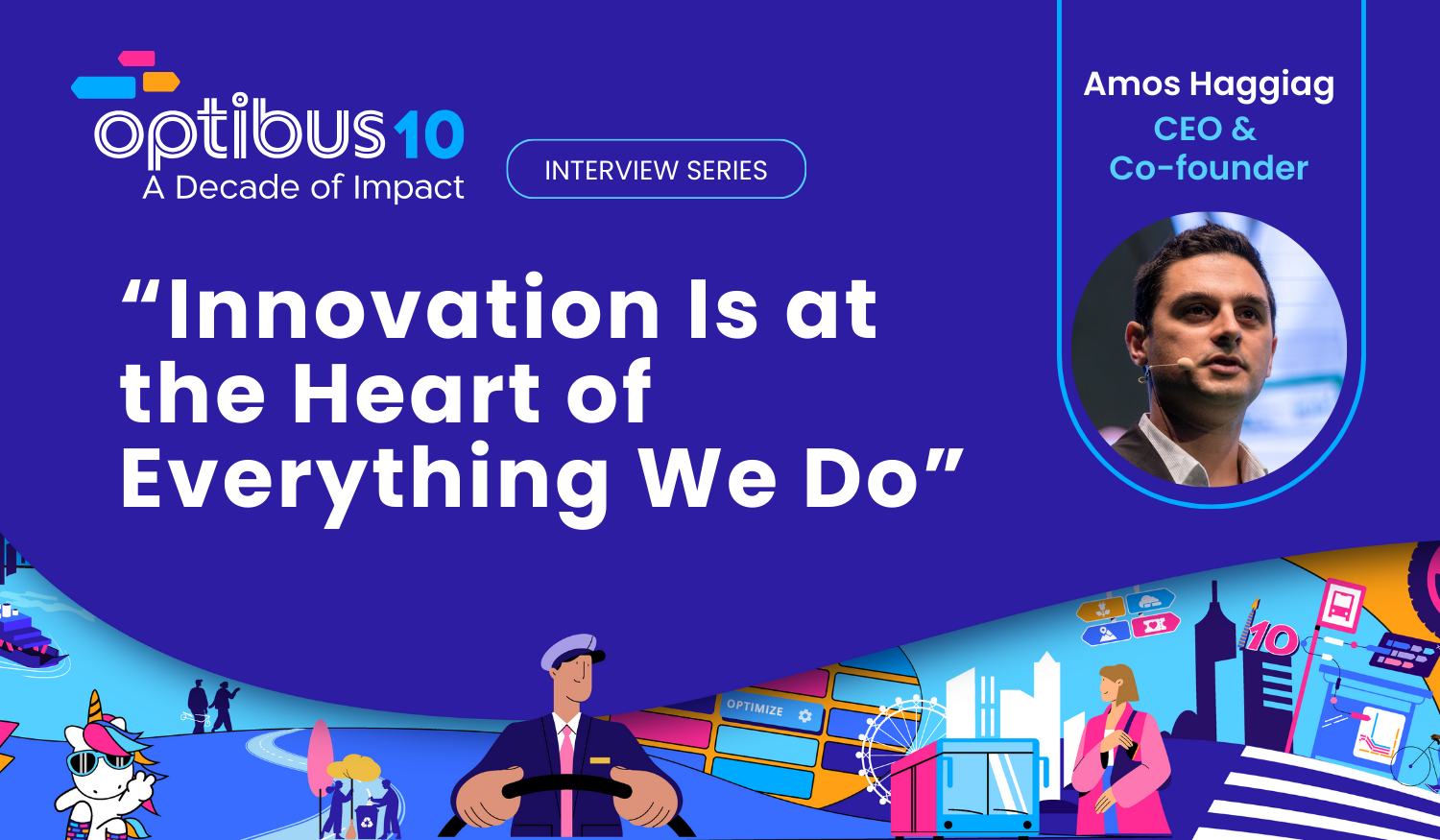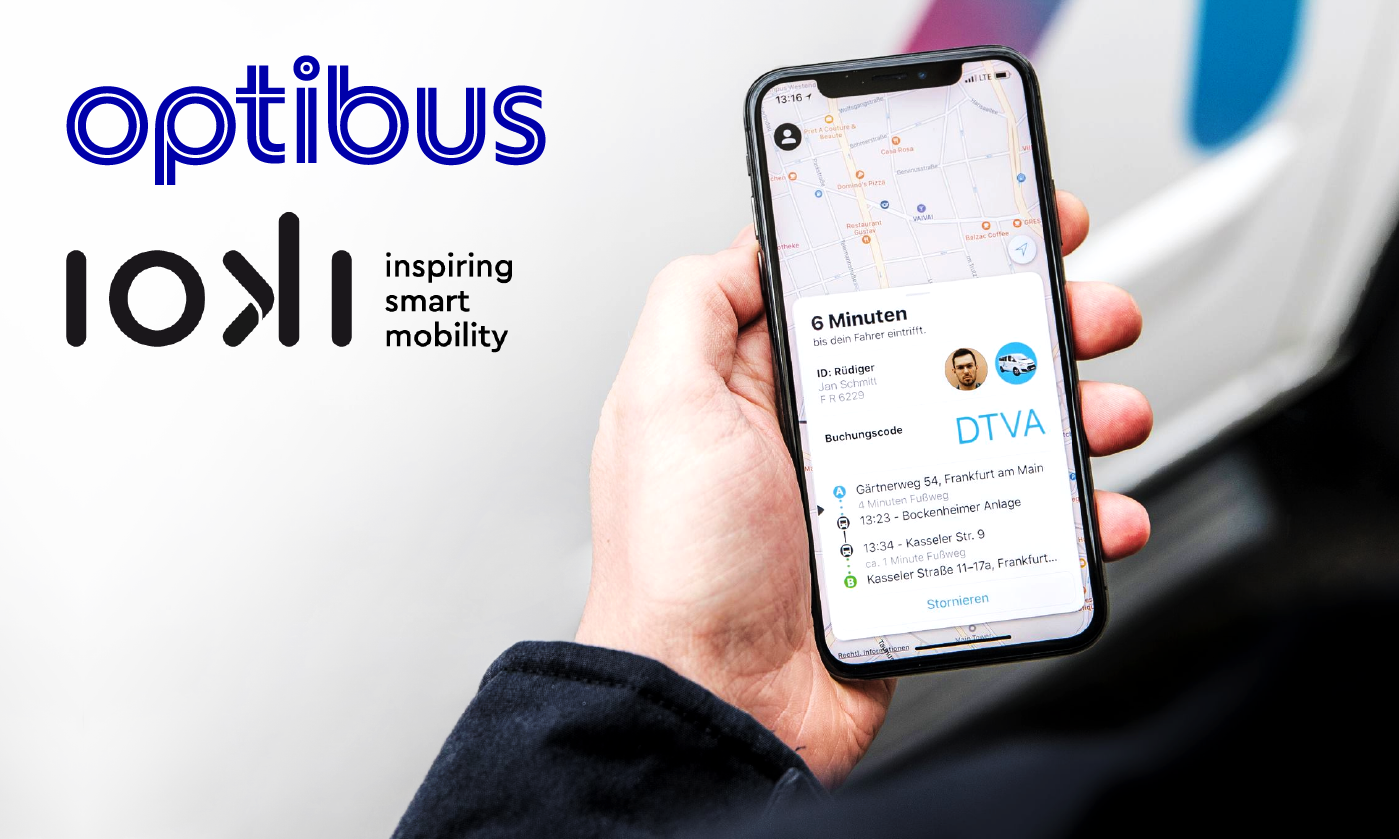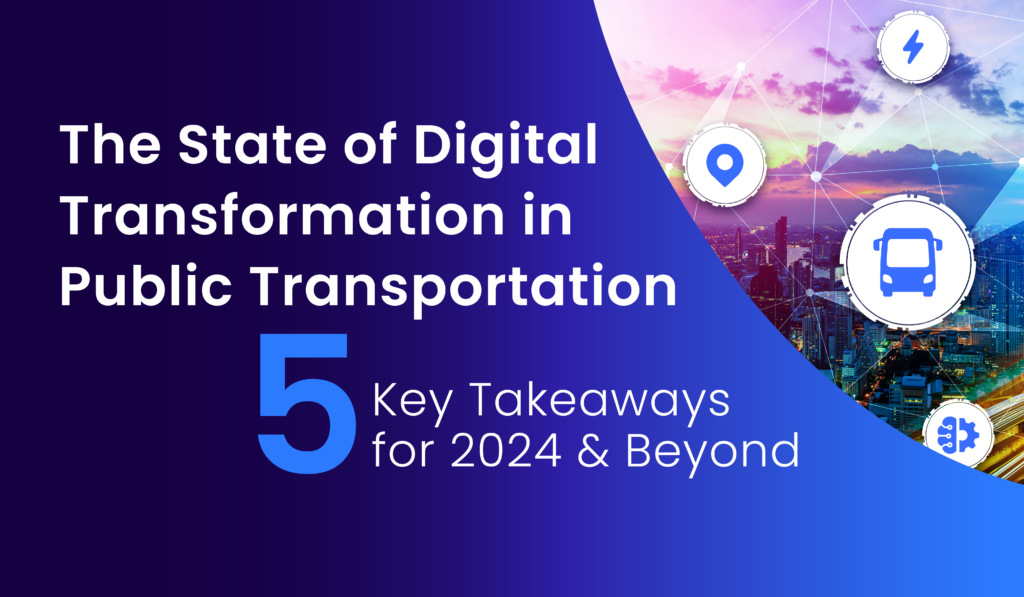 As part of the "Decade of Impact" series celebrating 10 years of Optibus, we explore the transformative journey of the Union of Passenger Transport Companies of the State of Amazonas (Sinetram) in revolutionizing public transportation in Manaus, Brazil. Founded in 1979, Sinetram manages a vast network that serves over two million residents with a fleet exceeding one thousand buses. This partnership with Optibus has enabled the integration of advanced AI and cloud computing technologies, positioning Manaus alongside cities like Porto Alegre, Brazil, and Santiago, Chile, as pioneers in managing their public transport entirely through Optibus' AI solutions.
As part of the "Decade of Impact" series celebrating 10 years of Optibus, we explore the transformative journey of the Union of Passenger Transport Companies of the State of Amazonas (Sinetram) in revolutionizing public transportation in Manaus, Brazil. Founded in 1979, Sinetram manages a vast network that serves over two million residents with a fleet exceeding one thousand buses. This partnership with Optibus has enabled the integration of advanced AI and cloud computing technologies, positioning Manaus alongside cities like Porto Alegre, Brazil, and Santiago, Chile, as pioneers in managing their public transport entirely through Optibus' AI solutions.
This interview with Tárcio Marques, Operations Manager at Sinetram, examines the significant changes and strategic benefits brought about by Sinetram's adoption of Optibus' technologies, marking a major leap towards smarter, more efficient urban mobility in the heart of the Amazon.
Visionary Beginnings: What were Sinetram's initial goals when deciding to adopt Optibus' AI platform, and how have these goals evolved throughout the partnership?
Our initial goal was to improve operational efficiency by optimizing the use of resources like vehicles and drivers. Now, as we move forward with the project, our focus is on expanding the use of the platform to more advanced aspects of our operation planning.
Transformative Impact: Could you comment on the most significant changes in Manaus' public transport operations since implementing Optibus' technology?.
Optibus has provided greater visibility to our operations, allowing us to identify opportunities for improvement to enhance and personalize the passenger experience.
Technological Integration: How was the transition to AI-driven scheduling and route planning managed in Sinetram’s operations? What were some of the initial challenges?
The transition was gradual, with intensive training for the team and weekly meetings where the Optibus team was available to support us. Challenges included adapting to the new interface, configuring and adjusting all preferences, and changing our internal processes to align with the new workflow.
Operational Improvements: How has Optibus technology specifically improved the efficiency and reliability of bus schedules and service frequency?
With Optibus, we are able to create far more accurate and efficient schedules and routes. The platform’s advanced technology considers variables such as traffic, demand, and other important factors. The best part is that we can simulate multiple scenarios before making any changes, ensuring that the changes actually improve the service.
Additionally, Optibus integrates with data from several systems, such as fleet management, dealership ERP and even ticketing, which greatly facilitates our planning and helps us to solve problems more quickly.
We are also able to optimize fleet usage, ensuring that buses are always in the right places at peak times. This reduces passenger waiting times and increases the trip frequency. Lastly, Optibus allows the ACOP (Operational Agreement, referring to the team that controls planning and operations) to collect feedback from passengers and analyze the efficiency of its operations over time, fostering a culture of continuous improvement.
Driver and Staff Experience: How has the Optibus solution impacted the daily work of your drivers and planners? Have there been notable improvements in job satisfaction or operational ease?
We have seen a significant improvement in the ease of scheduling, optimizing the time of our scheduling analysts. This has allowed us to eliminate manual tasks, enabling our team to focus on analysis and generating new ideas.
Strategic Results: What are the main strategic benefits that Optibus has brought to Sinetram, and how do they align with your long-term goals for urban mobility in Manaus?
With Optibus, we can plan more sustainably and reduce our operating costs. This is fully aligned with our goal of improving urban mobility, incorporating more technology into our daily operations.
Cultural and Technological Synergy: How have Sinetram’s internal cultural dynamics influenced the adoption and utilization of Optibus' technology?
Our culture here at Sinetram is centered on innovation, which undoubtedly facilitated the rapid adoption of the platform, with employees embracing technological changes.
Innovations and Adaptations: What are some innovative approaches or unexpected benefits you've encountered since integrating Optibus into your operations?
A positive surprise for us was how easy it was to adjust our planning in various ways. This helped us improve our service on days of high demand or when we had to deal with an unexpected situation or event.
Future Aspirations: Looking to the future, what are Sinetram’s ambitions for further leveraging technology in public transportation? Are there any upcoming projects or initiatives with Optibus that particularly excite you?
We aim to expand the platform’s use of artificial intelligence to forecast demand and enhance our integration with buses. Additionally, we want to leverage artificial intelligence to identify opportunities to better serve those who do not yet use public transportation.
Thank you for joining us for this insightful conversation. To learn more about the innovative partnership between Sinetram and Optibus, and to see how these technologies are driving change in urban mobility in Manaus, please visit our article “The Amazon gains a 100% AI-powered public transportation network with Optibus” and explore the Optibus product page for further information on the solutions that are reshaping public transportation.





.png)

